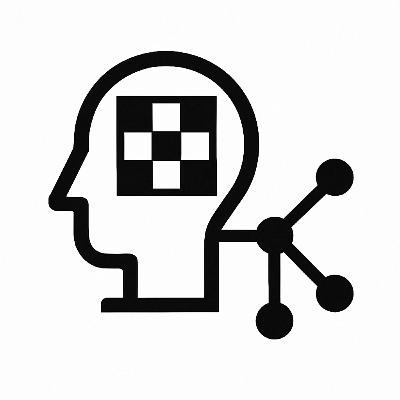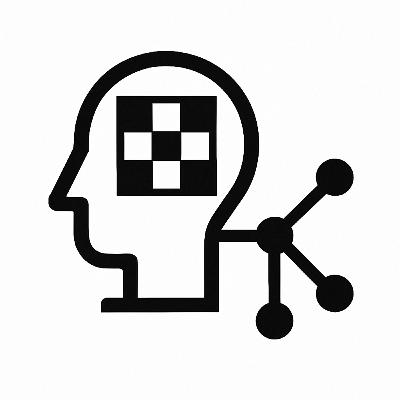Cognitive Capital
Subscribed: 2Played: 12
Subscribe
© John Faucett
Description
Cognitive Capital is a podcast where I explore how mathematics can power sharper thinking, better decisions, and a deeper understanding of the world.
Each episode is an exploration in the worlds of decision science, reasoning, risk, game theory among others, in an attempt at unpacking how abstract math models can be used to understand and impact real-world problems like war, negotiation, uncertainty, and intelligence.
Whether you're a thinker, builder, strategist, or just endlessly curious, join me to learn how to model the mind—and the world—with mathematical precision.
Each episode is an exploration in the worlds of decision science, reasoning, risk, game theory among others, in an attempt at unpacking how abstract math models can be used to understand and impact real-world problems like war, negotiation, uncertainty, and intelligence.
Whether you're a thinker, builder, strategist, or just endlessly curious, join me to learn how to model the mind—and the world—with mathematical precision.
6 Episodes
Reverse
Comments







